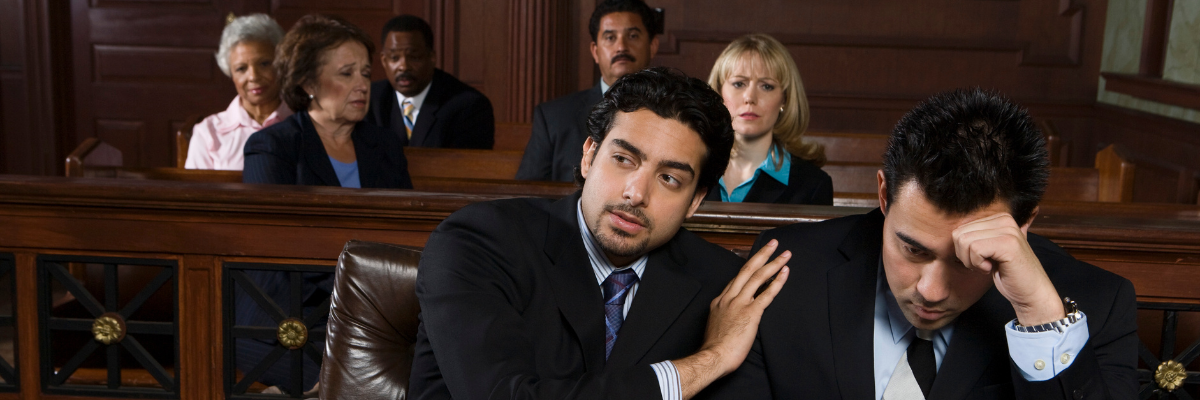What To Do If a Loved One Is Accused of a Criminal Offense
Discovering that someone you care about has been accused or charged with a criminal offense can be an overwhelming and emotionally-charged experience. While you may be tempted to react impulsively, it’s crucial to approach the situation in a calm and organized manner. Here at Gross Law Group, we’ve outlined some key steps you can take to support your loved one through this difficult period.
Step 1: Seek Legal Assistance Immediately
If a loved one is accused or charged, the first thing you should do is find a qualified criminal defense attorney. An experienced lawyer can help you understand the gravity of the charges, the legal options available, and guide you through the criminal justice process.
Step 2: Avoid Talking About The Case
As much as you may want to discuss the details with your loved one, refrain from doing so unless their attorney is present. Anything said can be used against them in a court of law, so it’s best to keep conversations about the case limited to attorney-client interactions.
Step 3: Emotional Support
Provide emotional support without judging your loved one. The legal process can be a harrowing experience, and your emotional support can go a long way in helping them navigate through these difficult times. Listen without offering opinions about the case and remind them that a legal charge is not a conviction.
Step 4: Be Present at Legal Proceedings
If you can, make a point to be there during the court hearings. Your attendance serves a dual purpose: it uplifts the spirits of your loved one and demonstrates to the court that there’s a supportive community standing behind the accused. If this is your first time attending a court session, you might find our blog post on what to expect during your first court appearance helpful. Check it out here.
Step 5: Arrange for Bail
If bail is an option, discuss this with the lawyer and see if you can help in getting your loved one released until the trial. Bail conditions and amounts vary and should be carefully considered with legal advice.
Step 6: Help With Legal Costs
Legal defense can be costly, and if it’s within your means, consider helping with these expenses. Whether it’s through direct financial aid or by organizing a community fundraiser, every bit helps.
Step 7: Assist in Gathering Evidence
The defense attorney may need to collect evidence or speak to witnesses to build a strong case. Help where you can, but always under the guidance and direction of the legal team.
Step 8: Stay Informed and Prepared
Keep yourself updated about the legal proceedings and stay in constant communication with the legal team. Prepare for the possibility of a trial and discuss any concerns or questions you may have with the attorney.
IF YOU OR A LOVED ONE HAVE BEEN CHARGED WITH A CRIME, CALL GROSS LAW GROUP TODAY.
Facing a criminal charge is an extremely challenging event not just for the accused but also for their loved ones. While you may feel powerless, remember there are actions you can take to offer substantial support. If you find yourself in such a situation, consult a seasoned legal team immediately for the right advice and representation. Choose The Gross Law Group led by Attorney David K. Gross for expert criminal defense. Protect your future with personalized attention and aggressive representation. Trust a former police officer and experienced legal advocate to defend your rights.





